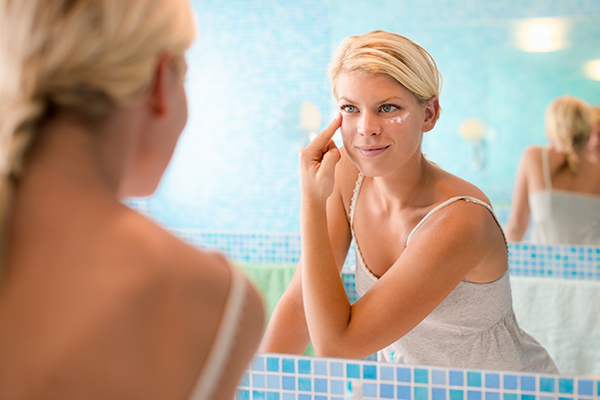Medical Treatment for Skin Aging
Dermatologists have a great number of varied treatments in their toolbox for treating the signs of aging, including:
- Chemical peel
- Lasers
- IPL and other light-based devices
- Injectable neuromodulators
- Intradermal fillers
Any regimen begins with good skincare. Antiaging and skin cancer prevention measures will overlap. The ability to treat aging skin can have a profound impact on an individual’s confidence, self-esteem, and overall well-being.
Tips to Delay Skin Aging
 100vw, 600px” data-lazy-src=”https://img.emedihealth.com/wp-content/uploads/2020/10/tips.jpg” data-pin-no-hover=”true” /></picture></figure>
<p>Good skincare and protection/avoidance from factors that accelerate aging are optimal.</p>
<div id=)
Advertisements
